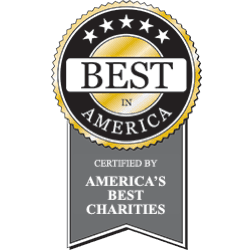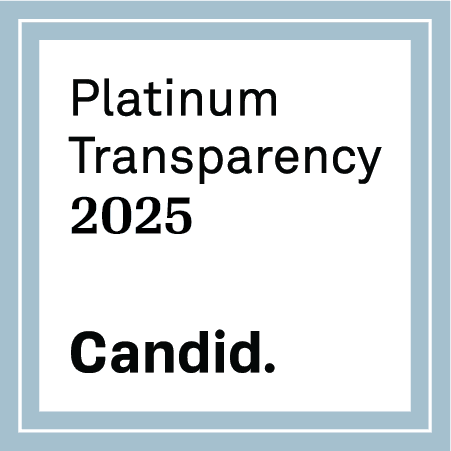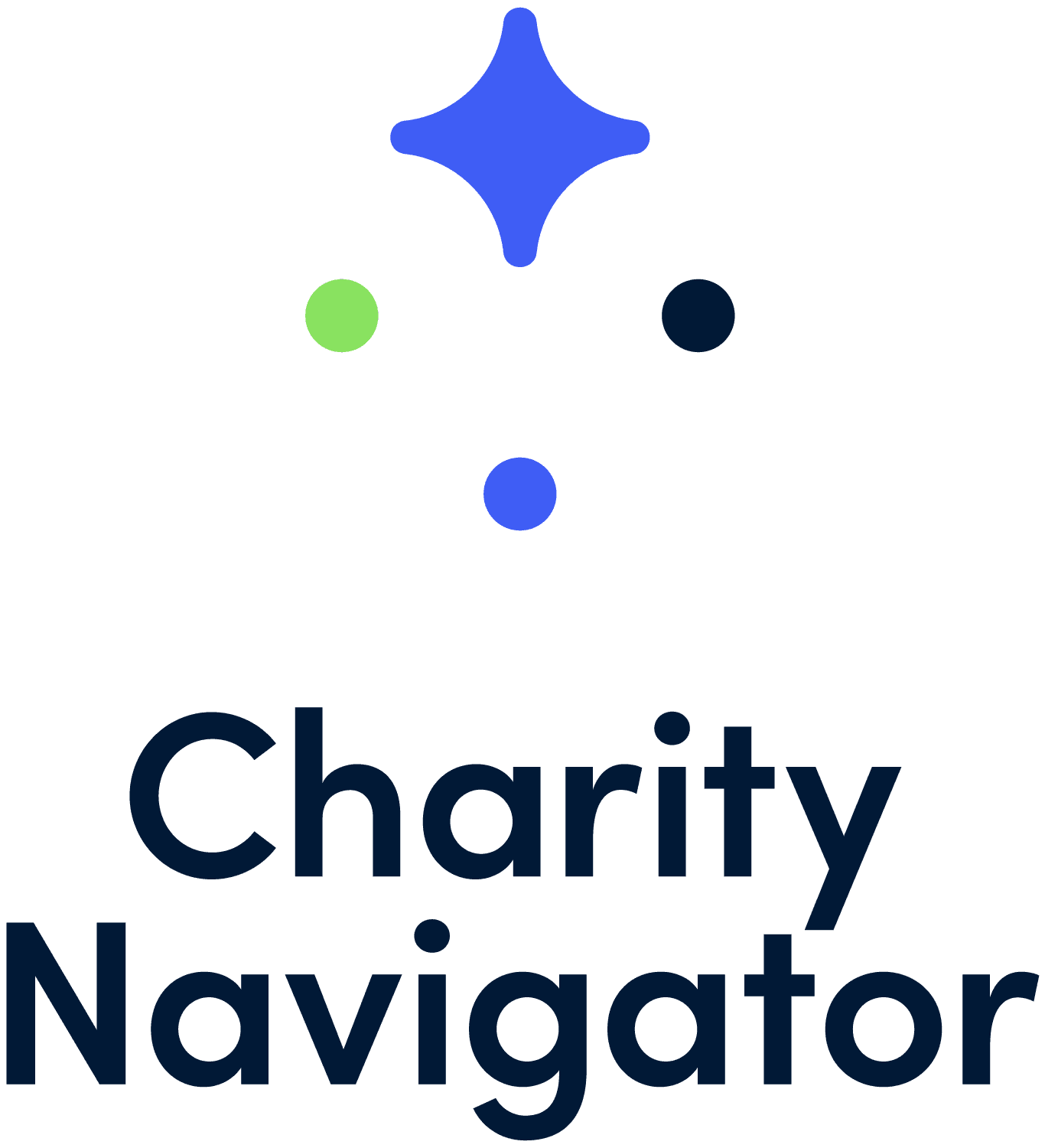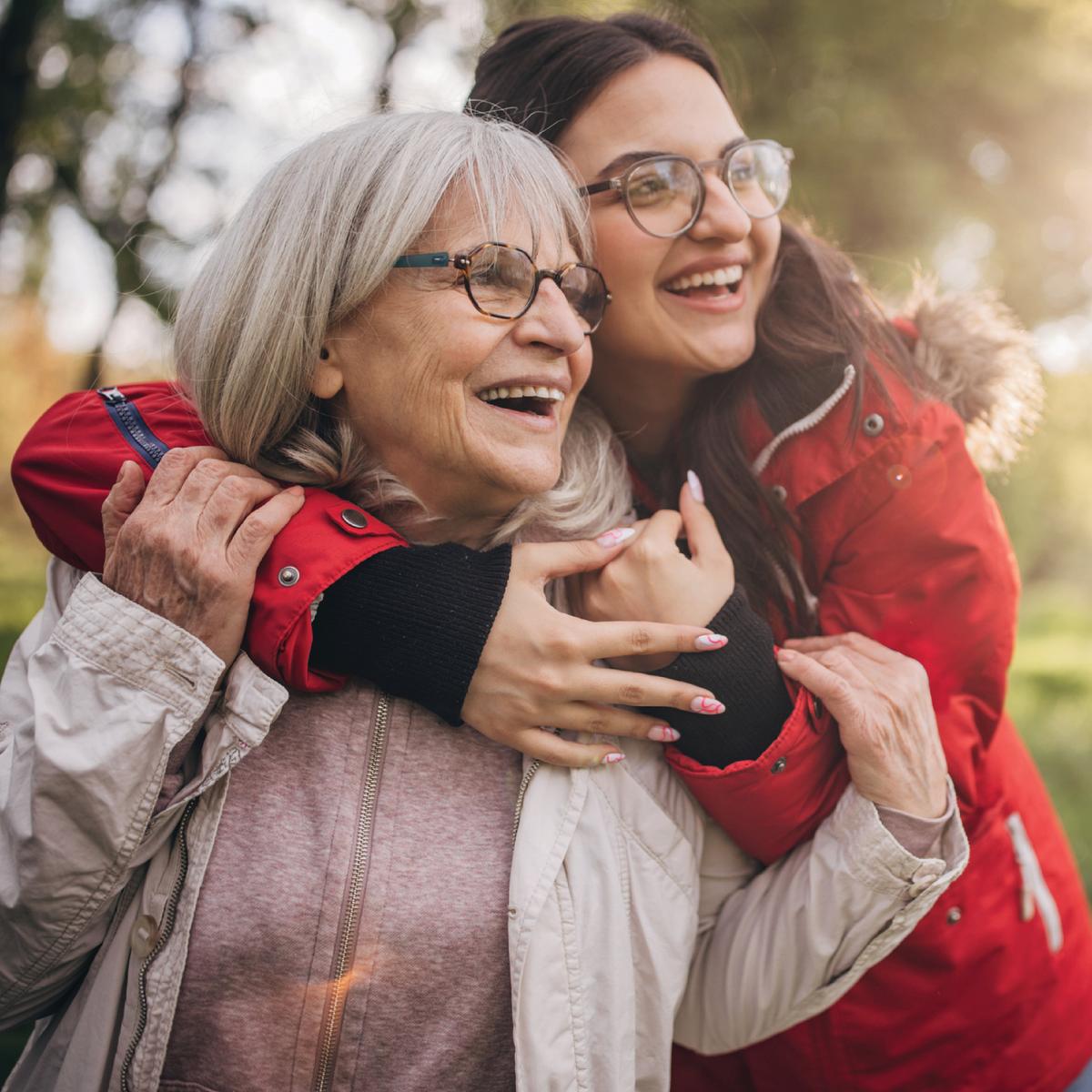Planned Giving
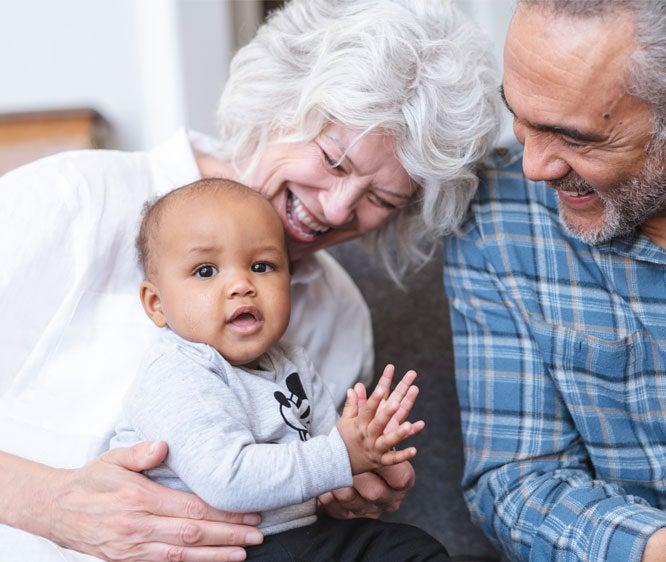
Your gift helps to support our goal of improving the lives of 40 million older adults by 2030, and you may receive substantial financial benefits and tax savings.
As always, please consult your personal tax, legal, and accounting advisors, as well as family members, to assist you as you create or update your estate plans. For your benefit, we cannot provide or endorse any service professionals, though we are here to support you in determining what you want to accomplish with your philanthropy. Remember, every gift of any size helps.
FreeWill.com
Through our partnership with FreeWill.com, you can make a will at no cost to you, and choose whether you want to leave part of your legacy to NCOA.
Bequest
A bequest is the simplest type of planned gift and one of the easiest to implement. A bequest is a gift to NCOA designated through your will or estate plan. Bequests may transfer a specific dollar amount or a percentage of an estate. Sample language for your bequest includes the following:
I bequeath [SPECIFIC DOLLAR AMOUNT] to the National Council on Aging, IRS Employer ID Number (EIN) 13-1932384.
I bequeath [SPECIFIC PERCENTAGE] of my estate to the National Council on Aging, IRS Employer ID Number (EIN) 13-1932384.
Charitable remainder trust
A charitable remainder trust is a gift that turns an appreciated asset of stock or property that may be producing little income into a productive asset, frequently avoiding capital gains on the sale of the asset. Although you donate the asset as a charitable gift, you may continue to use and/or receive income from it during your lifetime. NCOA then receives the principal after a specified time period. You avoid a capital gains tax on the donated asset, and the gift also reduces subsequent estate taxes because it removes the asset from your estate.
For more information
To learn how you can make your own legacy gift to NCOA, please email Vicky Nurre, Senior Director of Philanthropy, at vicky.nurre@ncoa.org.
Thank you.


